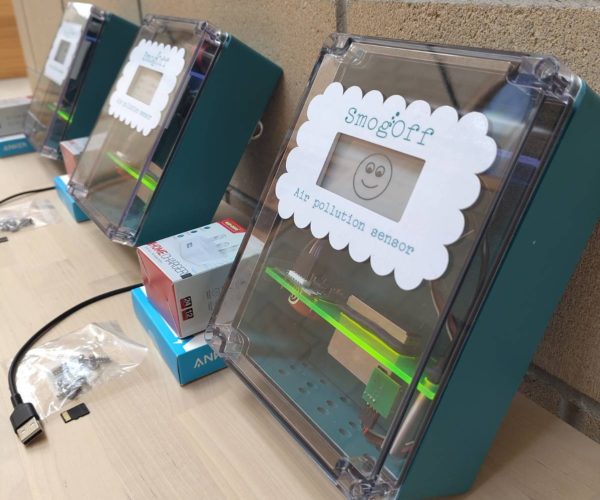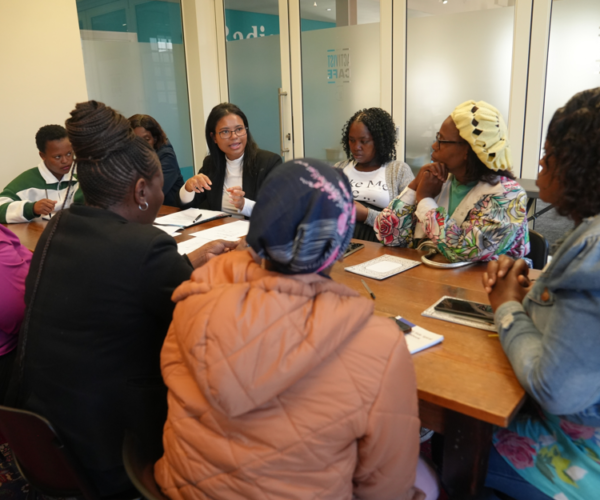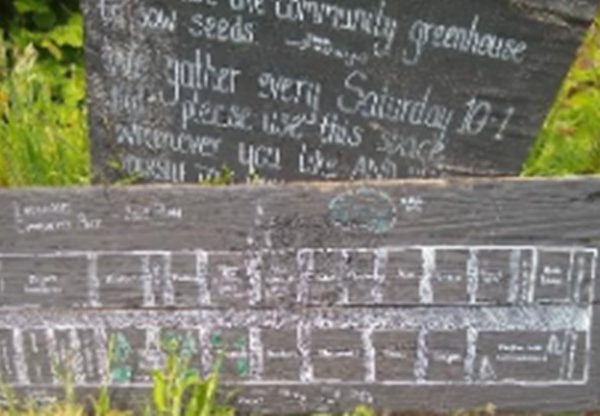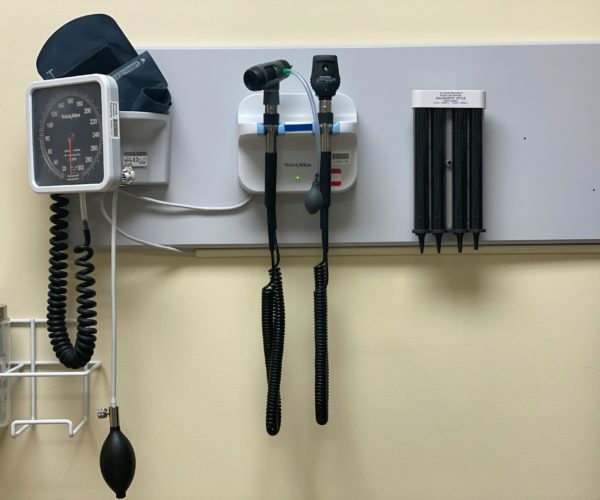Dr Phil McBride reflects on a recent project which explored lifestyle interventions to combat type 2 diabetes in the Muslim community, benefitting from direct collaboration with community members through informal discussions supported by our Patient and Public Involvement and Engagement (PPIE) Fund.
Category: Funding
SmogOff – Community Testing of Air Pollution
Dr Jo Garrett and the team from Then Try This share insights into their work on SmogOff, a project supported by Civic University Agreement funding to engage local communities with air quality monitoring, and encourage new understanding of air pollution and its impact on our local environments.
Community Connections: Informing Urban Liveability Research
Dr Federico Botta shares insights from his team’s collaboration with Exeter Science Centre, in which both parties sought to better understand Exeter residents’ views on urban liveability, supported by the 2024-25 Engaged and Participatory Research Fund.
Infrastructure Disruptions, Resilience and Economic Mobility in the Off-Grid City
Professor Federico Caprotti and Dr Whitney Pailman share updates on their work exploring the relationship between community resilience, entrepreneurship, economic mobility and navigating infrastructure disruptions in urban, informal settlements in South Africa. With support from the Engaged and Participatory Research Fund, the researchers worked closely with local residents and policymakers.
Understanding Uncertainty – Involving People with Lived Experience in Research into Medical Communication and Decision Making
In her blog piece, Amy Chinner-Evans draws on recent Patient and Public Involvement and Engagement, which aimed to address uncertainty in medical decision-making. Working with patients with multiple long-term health conditions (MLTCs), her collaboration will inform ongoing research as part of her wider PhD programme.
PPIE Support for Parkinson’s UK Non-Drug Approaches Application
Dr Mary O’Leary shares the work behind her recent application to Parkinson’s UK, exploring how nutritional interventions can support aspects of Parkinson’s symptom management. Patient and Public Involvement and Engagement (PPIE) Funding helped ensure lived experience could be brought into this work, inviting collaboration throughout the research process.
Loveland Bridging Communities Project
Tim Hughes tells us about recent work completed with Loveland, a community field project based in Falmouth, which invites local people to get involved in food growth and sustainability. With support from our Bridging Communities Fund, Loveland’s work has continued to grow, inviting new audiences to explore their natural surroundings.
B-HUGS: A Collaborative Project for Social Change
Dr Safi Darden talks about her recent project, B-HUGS, supported as part of the 2024-25 Engaged and Participatory Research Fund. This work draws on interdisciplinary expertise, looking to address rissues of educational belonging for Black youth in Devon.
How Lived Experience is Shaping Our Team Science Approach to Inclusive Research
Dr Darren Hudson highlights the importance of Public and Patient Involvement and Engagement (PPIE) funding in supporting his team’s application for the NIHR Team Science Award. By working with PPIE representatives from conception of the work, the team’s proposal could be grounded in the needs of those with lived experience, and encourage meaningful change.
LGBTQ+ School Champions
Dr Helen Birkett tells us about how Engaged and Participatory Research Funding helped support the LGBTQ+ Schools Champions Scheme. Working with Dr Chris Sandal-Wilson, and major local charity, Intercom Trust, the project has explored new avenues for engaging young people with LGBTQ+ history, and encouraging belonging amongst LGBTQ+ pupils.










